Flight attendants calling someone VIP doesn't mean they're important, but if they use the word HOB to refer to you, take it as a compliment.
Jay Robert, a former senior flight attendant for Emirates and manager of the popular airline website Fly Guy's Cabin Crew Lounge, said many flight attendants often use code words to communicate while flying.
Jay says to avoid boredom on long-haul flights, many flight attendants turn on CCFM (Crew Radio, a play on the phrase "gossip" by the flight attendants). "Just because they call you VIP doesn't mean they consider you important," Jay says. It stands for Very Irritating Person.
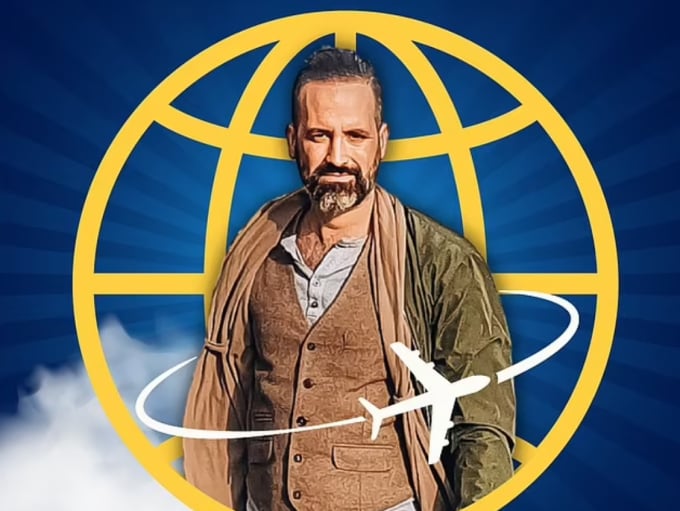
Jay Robert used to be a flight attendant for Emirates, the UAE airline. Photo: Instagram/Aflyguystravel
For passengers who are pleasant or attractive, flight attendants will use the code BOB (Babe on board or Best on board) to communicate with each other. SVML (Suddenly Vegetarian Meal) is an abbreviation for "Suddenly Vegetarian Meal", which refers to passengers who do not pre-order a special meal and choose it on the plane.
Jay said flight crews use the term POS (Passenger Of Size) to describe passengers who are too big and need an extended seat belt. The term mermaid is used to describe a passenger who lies across an empty row of seats to prevent another passenger from sitting in. HOB (Hotty On Board) also means the same as VIP, referring to annoying passengers.
In addition to the codes used during chat, flight crews also have their own codes to indicate urgent situations at work. SSR (Special Service Request) is a special service request or a reference to the flight crew having to handle sensitive situations related to the customer. When a passenger is deported, ground staff can use the code DEPA or DEPU (This passenger is being deported) to discreetly communicate information to the flight attendants instead of publicly announcing "passenger is deported".
INAD refers to a passenger who is denied entry into a country and must board the next flight back. ABP (Able Bodied Passenger or Person) is a passenger who needs special attention or care during the flight to assist.
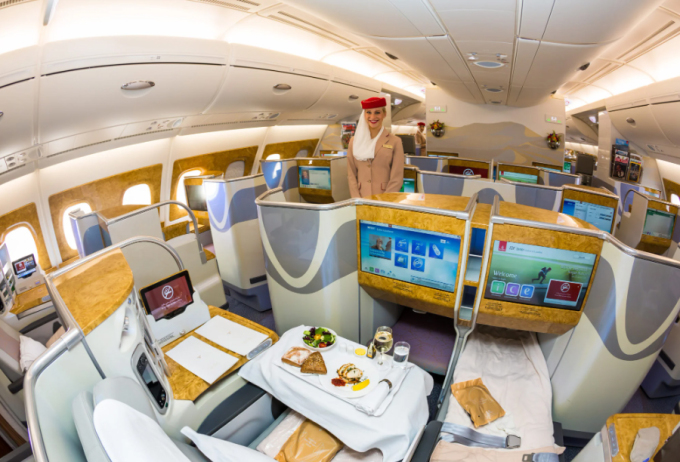
Emirates business class cabin. Photo: Up graded point
UM (child travelling alone) refers to children flying alone, MEDA (medical case) refers to medical situations, DPAX (disruptive passenger) refers to disruptive passengers, EBL (Eat Before Landing) is the meal before landing and CIP (Commercially Important Person) indicates that the passenger is "important to the airline". "If someone calls you SFU (Suitable For An Upgrade) enjoy it because it means suitable for an upgrade ", says Jay.
Anh Minh (According to DM )
Source link



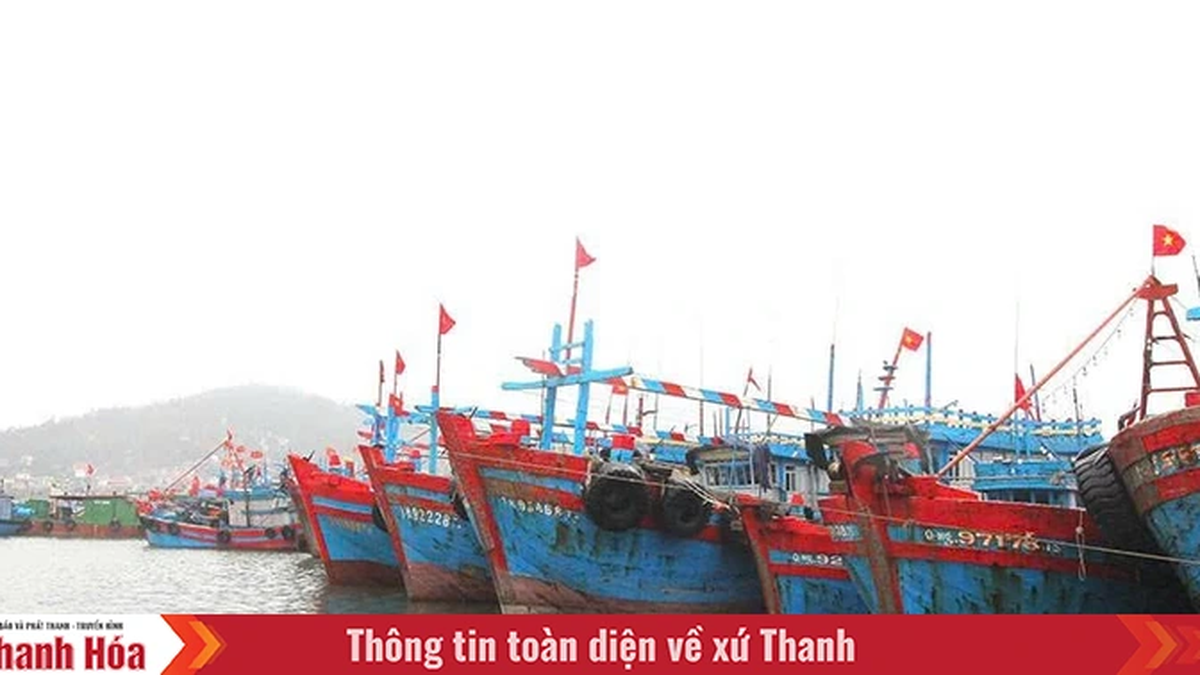

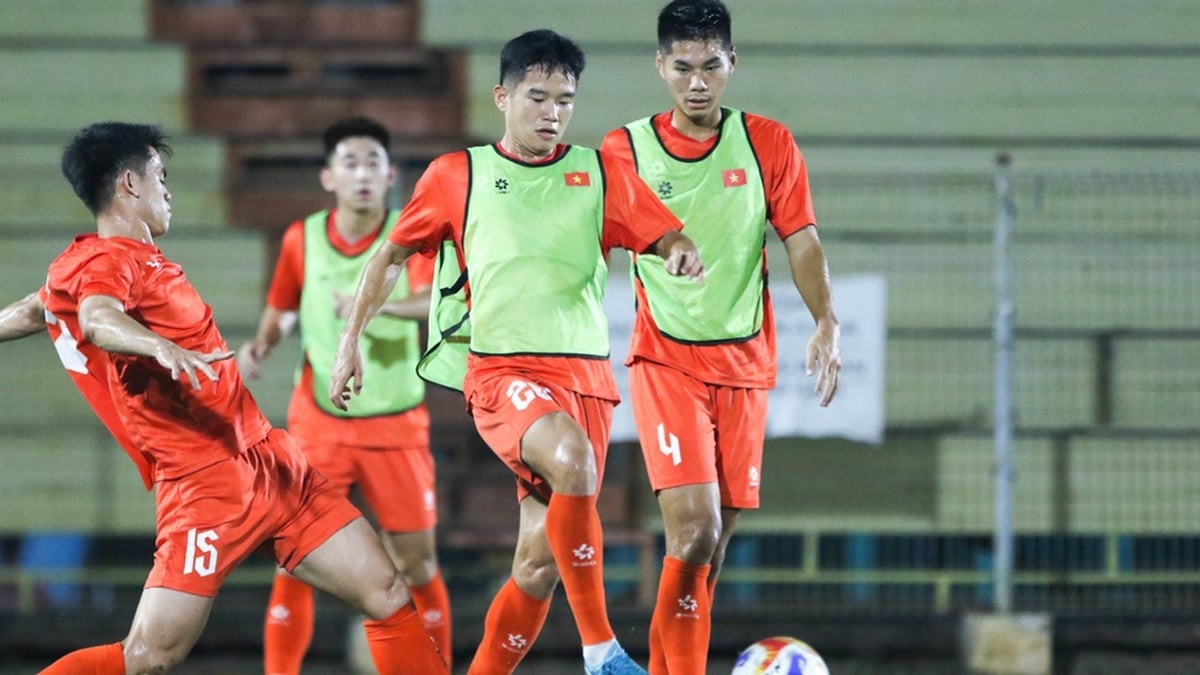
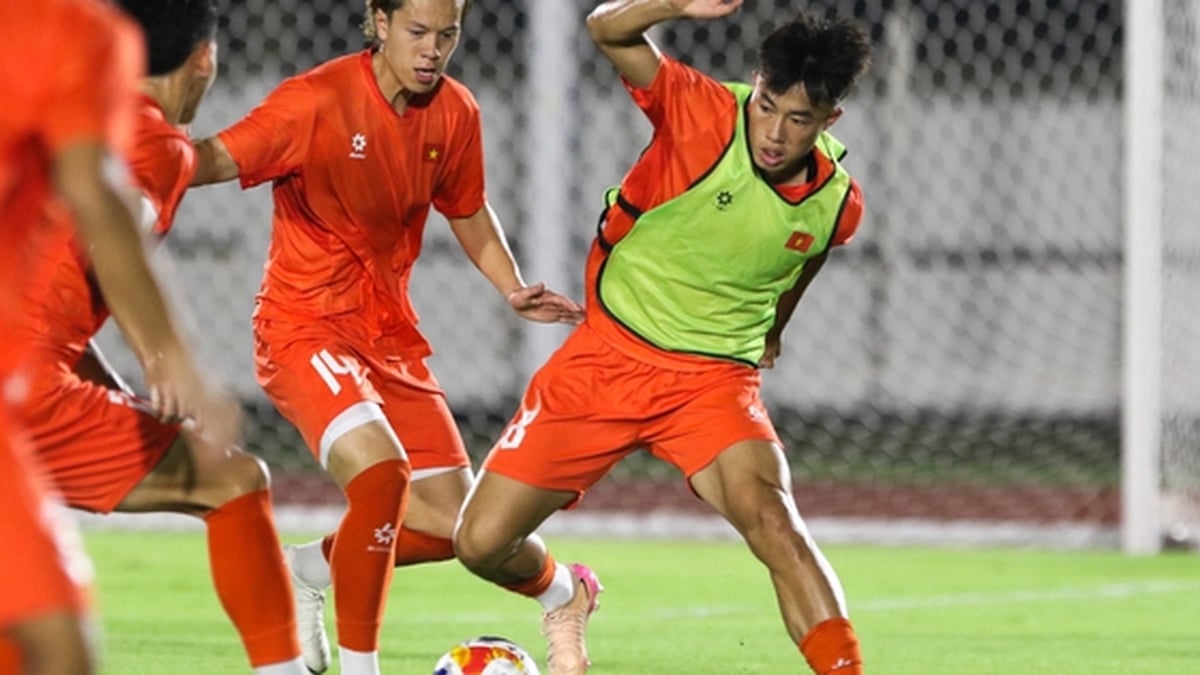


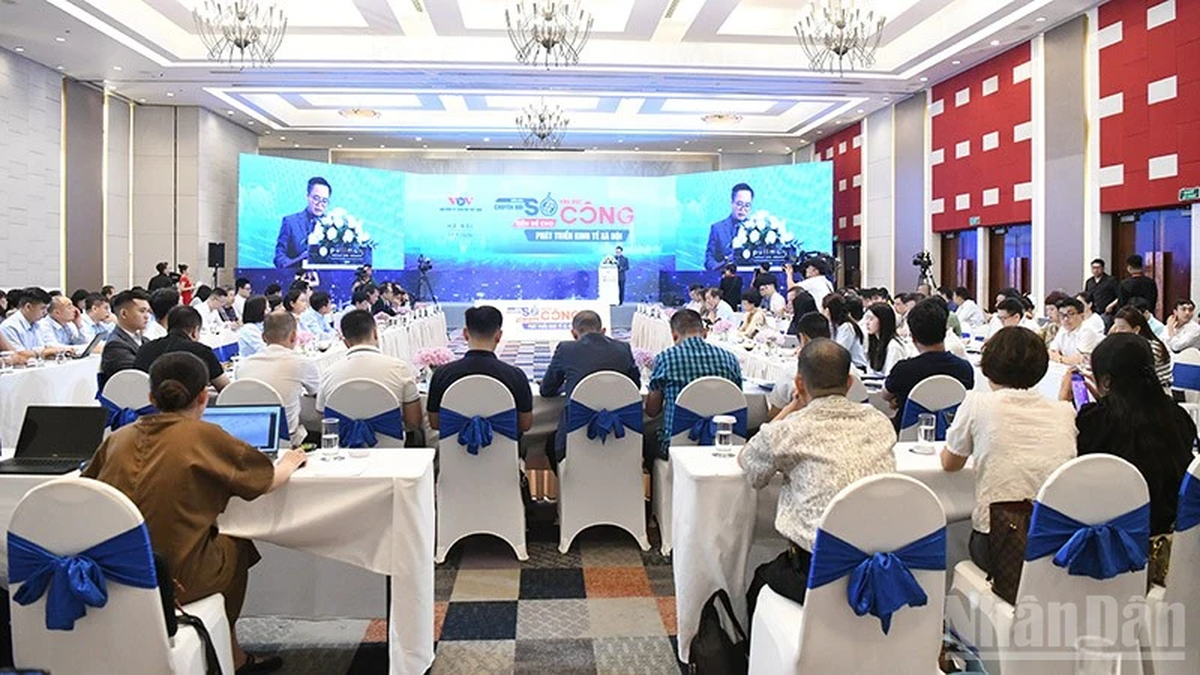
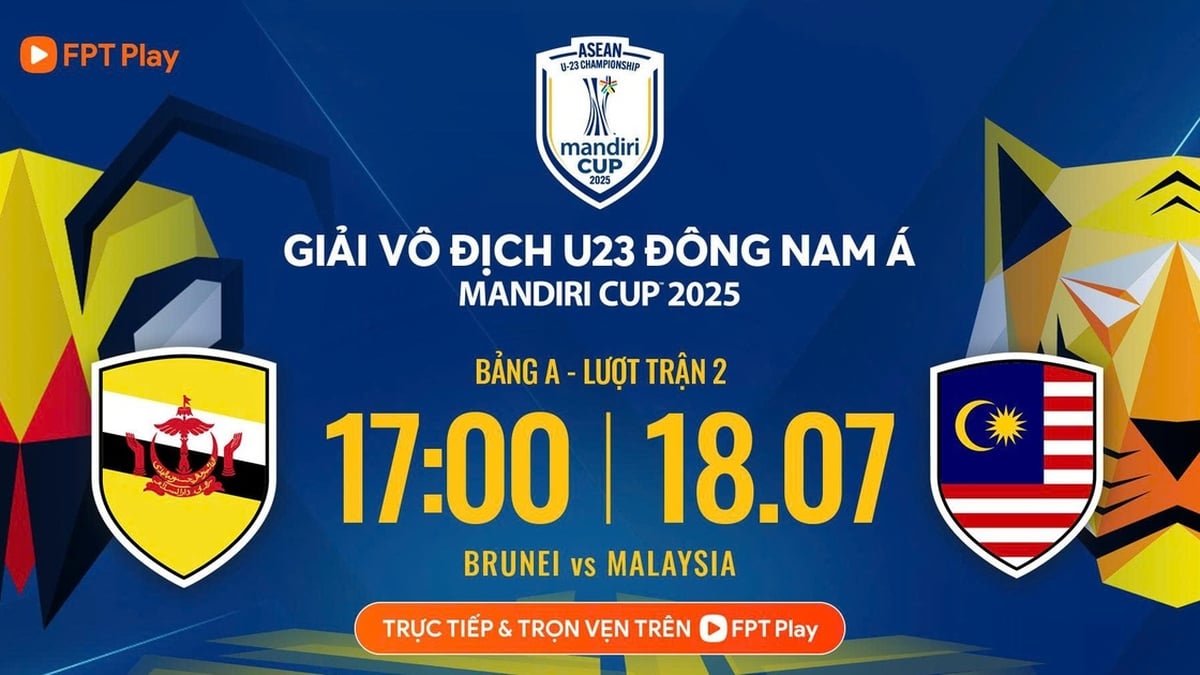
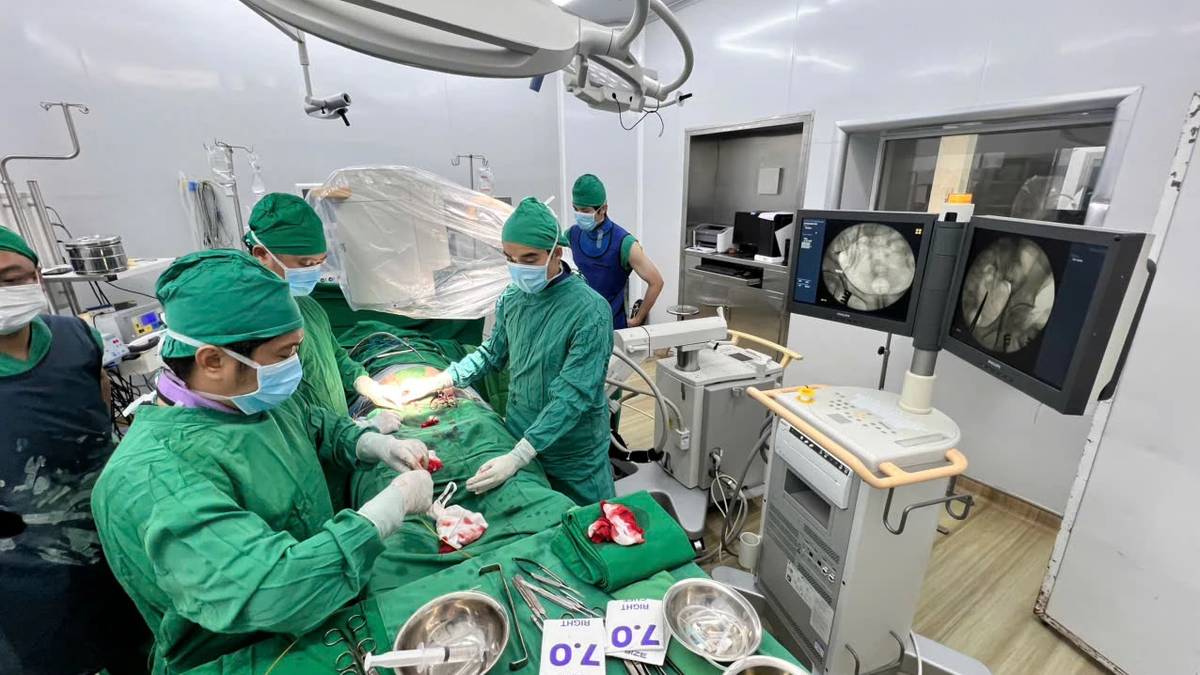

























































































Comment (0)